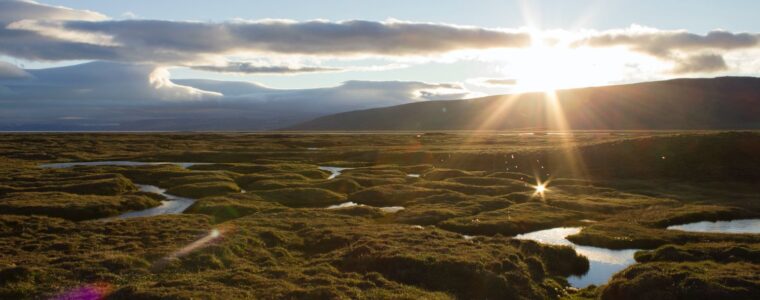Wildlife Conservation Society Canada (WCSC) is leading a collaborative effort to identify and establish a comprehensive national network of Key Biodiversity Areas (KBAs) in Canada. WCSC will identify KBAs, which are sites that will contribute significantly to the global persistence of biodiversity, through the application of a new global standard, which is currently being introduced and adapted to the Canadian context.
Read More “PhD position on Key Biodiversity Areas and species range modelling”

